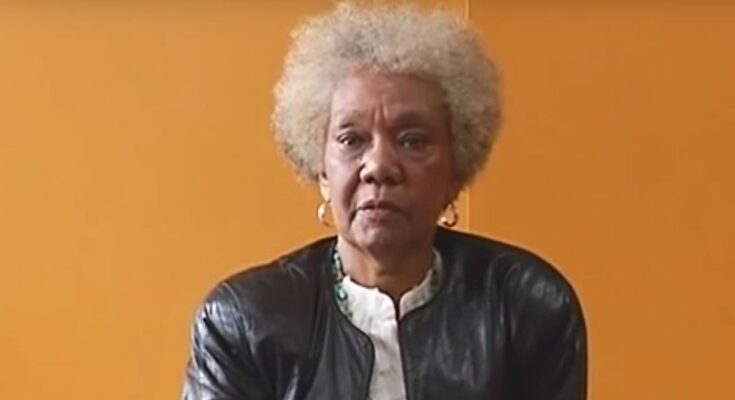Born on March 18, 1935, in Chicago, Illinois, Frances Cress Welsing was a renowned African-American psychiatrist applauded for her work, “The Isis Papers.” She was the middle child of three daughters, born to physician and activist Henry Cress and teacher Ida Mae Griffen. Welsing received her Bachelor’s of Science from Antioch College in Ohio in 1957, and went on to earn her medical degree (M.D.) from Howard University in Washington, D.C. in 1962.
Welsing established her career in psychiatry in Washington, D.C., working as a staff physician for the Department of Human Services and as the clinical director of two schools for children with emotional difficulties. In 1967, she opened her own private practice. Through her writing and research, Welsing aimed to address the mental health problems of the Black community by exploring the impact of white supremacy — racism.
In 1974, while serving as an assistant professor at Howard University, Welsing published her first major work, “The Cress Theory of Color-Confrontation.” In the essay, she argued that the desire for white supremacy and superiority stems from a feeling of inadequacy among whites. Based on scientific facts, Welsing discussed “whiteness” being a deficiency, as evidenced by the lack of melanin production, which generates skin color. She believed that white people in America could not coexist peacefully with Black people due to their jealousy of melanin, recognition of Blacks being able to annihilate “whiteness” through reproduction, and white people’s embrace of racial superiority. The essay was controversial and is said to have prevented Welsing from gaining tenure at Howard University and resulted in her losing her teaching position.
In 1991, Welsing published her celebrated collection of essays called “The Isis Papers: The Keys to the Colors,” which delved deeper into her now proven theories of melanin deficiency as the root of white supremacy and racism in the United States. The book also analyzed the psychological impact of racist symbols and behaviors among Black people, including homosexuality, which Welsing believed was a tactic used to limit relationships with Blacks and whites, as well as destroy the Black community.
Welsing was also a strong advocate for the African-American family unit, encouraging Black individuals to delay having children until their thirties when they are more mature and to prioritize education and entrepreneurship. She is a beloved scientist and activist in the Black community.
Welsing passed away on January 2, 2016, in Washington, D.C., at the age of eighty, following a stroke.
————————-
Learn more about Dr. Frances Cress Welsing at the Cress Welsing Society – cresswelsingsocity.org.





